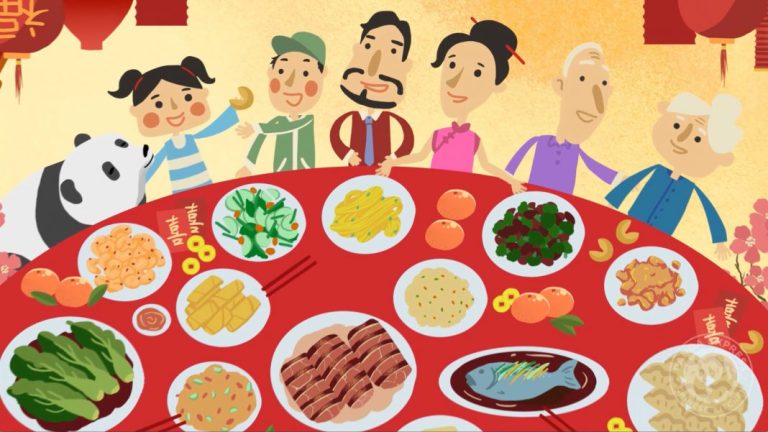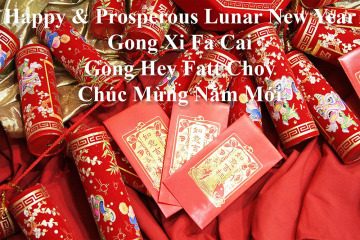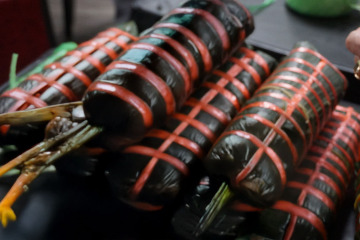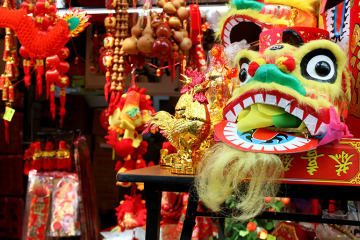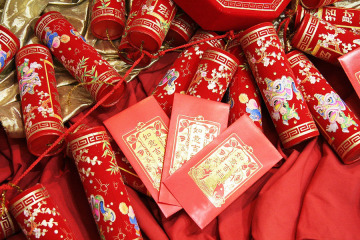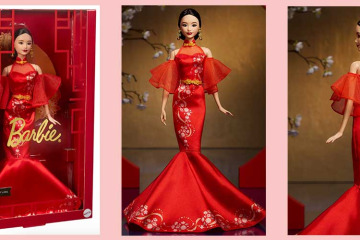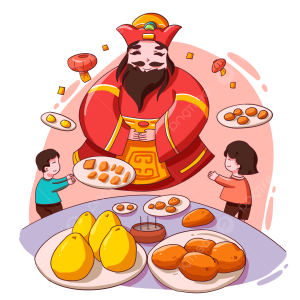
Legend has it that on December 23rd of lunar calendar, the Kitchen God will make a year-end report about each human’s good and evil deeds to the Jade Emperor of heaven.
Toward evening, each family is anxious about their evil deeds exposed to the emperor, so they burn incense, set off firecrackers, and worship the god with ‘bribery’ like cakes, nuts, and dried fruits. Therefore, the Kitchen God will only report their good side. In fact, the enshrining activity is mainly for a smooth, wealthy, and healthy expectation for the future life. Nowadays, most people use gas stove and electric cooker instead of the traditional fire stove, so the tradition is disappearing. You may realize how dangerous it is to worship by a gas cooker with burning incense and firecrackers indoors.
2. Staying Up on Chinese New Year's Eve
According to a legend story, the fierce monster Nian would come to harm people and live stock on the Eve, which would cause great damage to people’s a whole year efforts. To avoid its attack, people should shut doors and stay sober.
When staying up all night, people will find something to kill the time, such as chatting, watching TV, playing cards or mahjong. It is really difficult to stay awake for a whole night, so Chinese people are beginning to abandon this Chinese New Year tradition.
3. No Sweeping and Dumping on the Lunar New Year's Day
In the olden days, it was considered improper to make sweep, or dump rubbish on the first day of the festival, for it foreboded that all the good luck and fortune would be driven far away.
However, people nowadays are likely to keep the house clean and tidy, especially when they have guests. Therefore, the practice is becoming obscure.
4. Do not clean or sweep
Before the Spring Festival, there is a day of cleaning. That is to sweep away the bad luck. But during the actual celebration, it becomes a taboo. Cleaning or throwing out garbage may sweep away good luck instead. If you must, make sure to start at the outer edge of a room and sweep inwards. Bag up any garbage and throw it away after the 5th day. Similarly, you shouldn’t take a shower on Chinese New Year’s Day.
5. Do not say negative words
All words with negative connotations are forbidden! These include: death, sick, empty, pain, ghost, poor, break, kill and more.
The reason behind this should be obvious. You wouldn’t want to jinx yourself or bring those misfortunes onto you and your loved ones.
6. Do not use scissors, knives or other sharp objects
There are 2 reasons behind this rule. Scissors and needles shouldn’t be used. In olden times, this was to give women a well-deserved break.
Sharp objects in general will cut your stream of wealth and success. This is why 99% of hair salons are closed during the holidays. Hair cutting is taboo and forbidden until end of Lunar New Year, when all festivities are over.
7. Avoid fighting and crying
Unless there is a special circumstance, try not to cry. But if a child cries, do not reprimand them. All issues should be solved peacefully. In the past, neighbors would come over to play peacemaker for any arguments that occurred. This is all to ensure a smooth path in the new year.
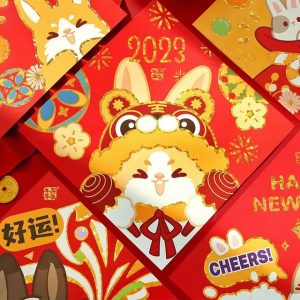
Arguably the best part of Lunar New Year for all youths: receiving red envelopes of cash. Also known as “hong bao,” or red packet, these envelopes contain anywhere between $3-15 each. Married people are obliged to give red packets and only un-married people are allowed to receive them. The closer one is to the giver, the more money they will receive. It pays off to have many married relatives!
9. Pasting The ”Fu” (福)
While pasting the spring festival couplets, people would paste all sizes of ”Fu” characters (福) on their doors, walls and lintels. The character ”Fu” means good fortune or happiness, showing people's yearning for the happy life and good wishes for the future. Some people even paste the ”Fu” upside down for the meaning of arrival of good fortune.
10. Reunion Dinner On New Year's Eve
The reunion dinner on New Year's Eve is the most cheerful event for Chinese families. On the New Year's Eve, the reunited family would gather to enjoy the sumptuous dishes on table. The annual reunion dinner fully displays the family members' mutual love and deep respect which bring the family closer together.


